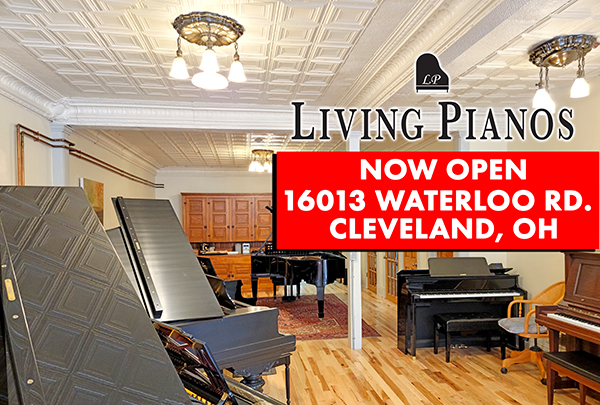I’m Robert Estrin, and today we have an intriguing question: Why can’t you buy a piano online? You might think it’s odd coming from me, given that Living Pianos was the world’s first online piano store, started in 2006. However, for the most part, you really can’t buy a piano online. Let me explain.
Practical Challenges
First, there are practical challenges. How do you ship a piano if you buy one online? If you live in Florida and buy a piano from California, how do you get it there? Who will tune it? These practicalities are significant, but there’s more to it.
Protected Territories in the Piano Industry
The piano industry still operates on an old business model of protected territories. This means you can’t shop for pianos the same way you shop for other items online. For most products, you can easily compare prices and buy from the cheapest source. But with pianos, the agreement between manufacturers, distributors, and dealers limits sales to specific geographical areas.
Unique Aspects of Pianos
Every piano is unique, which adds another layer of complexity. The agreements between manufacturers and dealers mean that dealers can only sell within their designated areas. If you visit a store, they can sell to you, but they can’t quote prices over the phone for out-of-area customers.
Exceptions and Loopholes
There are exceptions. Some large dealers skirt the rules and sell out of their designated areas. If caught, they may have to pay a commission to the local dealer. However, as long as the dealer is significant enough, manufacturers often look the other way.
The Living Pianos Model
Living Pianos has based its business model on selling used pianos. Nobody can restrict the sale of used pianos across the country. High-end brands like Steinway, Mason & Hamlin, and Bechstein are often worth the cost of shipping, making this model feasible. We provide high-quality videos and photos so you know what you’re getting. Experienced pianists are always welcome to visit and try the pianos.
Digital Pianos
Digital pianos are another exception. They can be shipped easily, but some digital pianos fall under the same protected territories as acoustic pianos. There are two categories: MI (Musical Instruments) sold in places like Guitar Center and Sweetwater, and home units with protected territories.
Your Thoughts?
What do you think about protected territories in the piano industry? Is it good to protect dealers who invest in inventory, or should you be able to shop anywhere for the best price? Let’s get a discussion going at LivingPianos.com. We primarily sell used pianos and abide by all rules for new pianos, ensuring the survival of the piano business.
I am Robert Estrin here at LivingPianos.com, Your Online Piano Store. Thanks for joining me! For premium videos and exclusive content, you can join my Living Pianos Patreon channel! www.Patreon.com/RobertEstrin. Contact me if you are interested in private lessons. I have many resources for you! Robert@LivingPianos.com.






